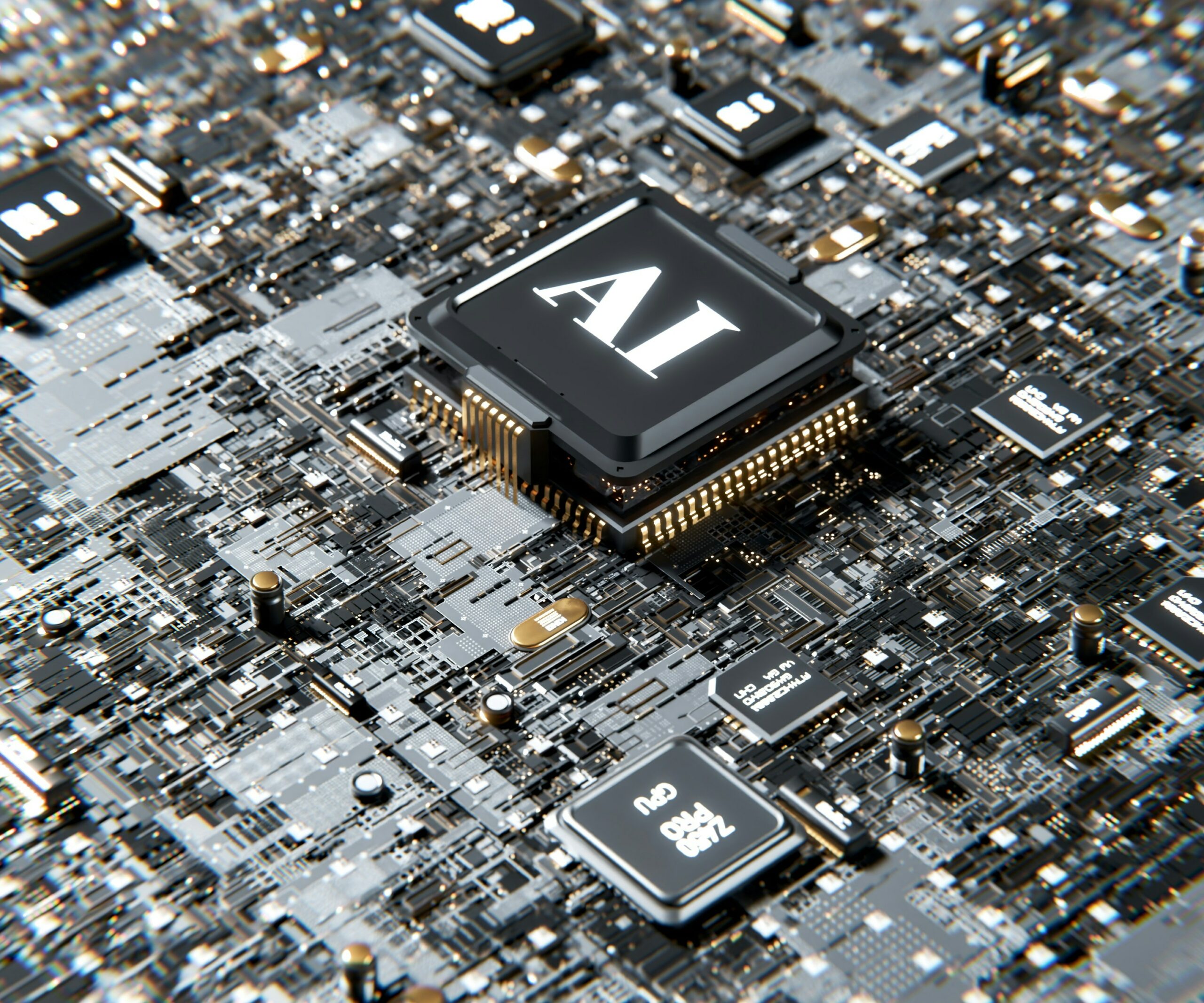



Computer Vision represents the frontier of visual intelligence
In essence, computer vision serves as the visionary tool for navigating the evolving landscape of data analytics, unlocking a wealth of knowledge from the visual content that permeates our digital world.
Image Segmentation
Image segmentation is a meticulous process that entails breaking down an image into distinct and homogeneous regions, guided by predefined similarity parameters. By isolating these regions, each segment becomes an individual unit for in-depth analysis, distinguishing itself from its neighboring areas. This nuanced categorization serves as a foundational step in tasks such as tagging people, labeling objects, implementing face recognition systems, optimizing traffic control measures, and various other applications.
Face Recognition
The applications of face recognition technology span across various industries, proving instrumental in healthcare for patient identification, optimizing traffic management systems, enhancing security protocols, facilitating HR management through attendance tracking, and bolstering manufacturing processes. The ability to swiftly and accurately identify individuals based on facial features not only streamlines numerous tasks but also contributes to the overall efficiency, security, and functionality of diverse sectors leveraging this advanced technology.
Contextual Image Classification
Contextual image classification mirrors the human ability to distinguish individuals or objects from their surroundings. In the digital realm, computers rely on contextual cues to classify elements by identifying boundaries and establishing relationships between pixelated regions. Unlike humans, computers need explicit context to discern and categorize entities, drawing on memories or records of similar objects.
Object Detection
Object detection stands as the initial phase in the realm of intelligent image analysis, where each object exhibits distinguishable properties pivotal for software classification. Leveraging an extensive library of images, the software undergoes a meticulous process of comparison, learning, and technique determination. This iterative approach enables the system to discern valuable similarities and differences, ultimately delivering precise detection results.
